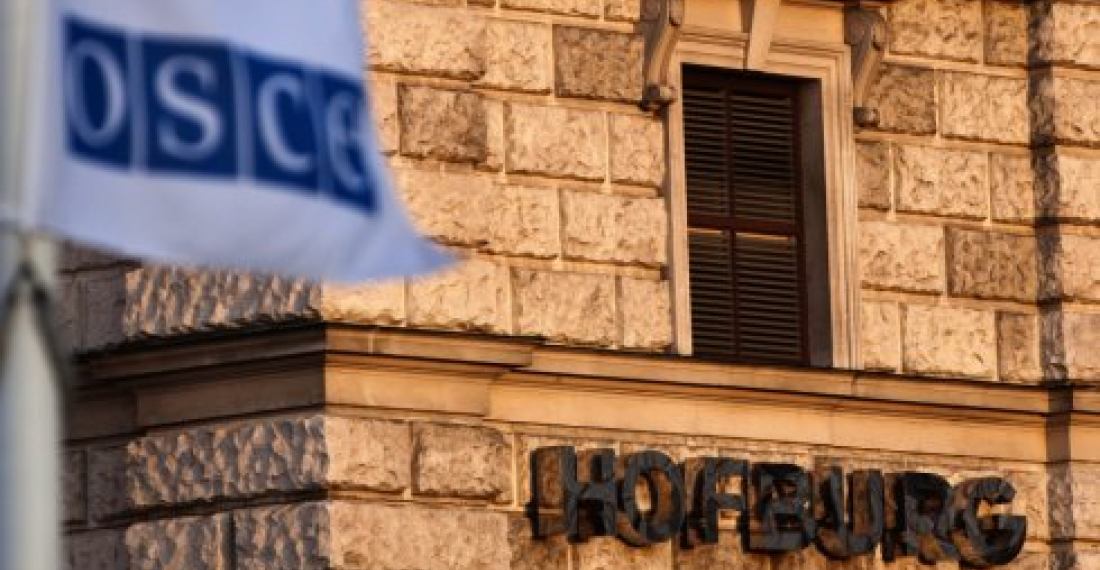В четверг (18 января), в Кракове, в польском городе Краков состоялась встреча министров иностранных дел Армении и Азербайджана. На встрече также присутствовали Игорь Попов от Российской Федерации, Стефан Висконти от Франции и Эндрю Шофер от Соединенных Штатов Америки, наряду с Личным представителем Действующего председателя ОБСЕ Анджеем Каспшиком.
Международные посредники ранее провели раздельные встречи с министром иностранных дел Армении Эдвардом Налбандяном и министром иностранных дел Азербайджана Эльмаром Мамедъяровым.
В заявлении ОБСЕ говорится:
"Министры и сопредседатели обсудили дальнейшие шаги по содействию реализации договоренностей, достигнутых на предыдущих саммитах, посвященных нагорно-карабахскому урегулированию. Министры иностранных дел в принципе согласились на пересмотренный концептуальный документ сопредседателей по расширению Канцелярии Личного представителя Действующего председателя ОБСЕ с целью его скорейшей реализации.
В ходе совещаний стороны и сопредседатели обменялись мнениями по основным чувствительным вопросам, содержащимся в рабочих предложениях, которые в настоящее время находятся на столе переговоров. Сопредседатели также призвали к принятию мер по укреплению доверия в качестве важного вклада в переговорный процесс. Министры и сопредседатели признали относительное спокойствие на линии соприкосновения, и сопредседатели призвали стороны укрепить эту позитивную тенденцию.
Сопредседатели указали министрам свою заинтересованность в дальнейшем обсуждении возможности продолжения деятельности Оценочной миссии 2010 года на территориях, затронутых конфликтом.
Сопредседатели планируют посетить регион в начале февраля."
источник: commonspace.eu по материалам OSCE.org






